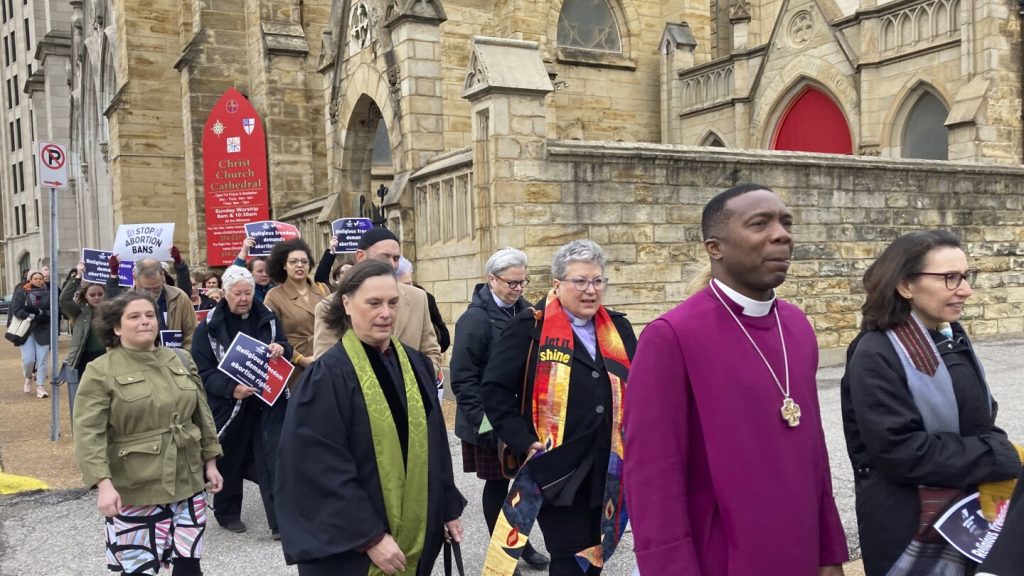A judge in Missouri recently ruled against a case filed by religious leaders who support abortion rights, stating that lawmakers who passed a restrictive abortion ban were not imposing their religious beliefs on the state. The case sought to permanently block the enforcement of Missouri’s abortion law and declare certain provisions unconstitutional. Judge Jason Sengheiser pointed out that while the statute does mention Almighty God as the author of life, it does not explicitly impose religious beliefs on individuals. The rest of the challenged provisions do not contain religious language, the judge stated.
The groups that filed the case, including Americans United for Separation of Church & State and the National Women’s Law Center, expressed disappointment in the ruling and stated that Missouri’s abortion ban undermines the separation of church and state, religious freedom, and reproductive freedom. They are considering their legal options in response to the decision. Attorneys for the state argued that the law does not force religious beliefs on others, even though some supporters of the law oppose abortion for religious reasons. Judge Sengheiser noted that Missouri has a history of restricting and criminalizing abortion, with laws dating back over a century.
In response to a Supreme Court decision in 2022, Missouri’s then-Attorney General Eric Schmitt and Governor Mike Parson, both Republicans, moved quickly to enact a 2019 law that prohibits most abortions, except in cases of medical emergency. The law makes performing or inducing an abortion a felony punishable by up to 15 years in prison and could result in the loss of medical licenses for professionals. However, the law specifies that women who undergo abortions cannot be prosecuted. Missouri already had stringent abortion laws in place, leading many residents to seek services in neighboring states like Illinois and Kansas. The overturned decision of Roe v. Wade in 2022 paved the way for Missouri to implement these stricter laws.
The ruling in Missouri’s abortion case highlights the ongoing debate surrounding reproductive rights, religious beliefs, and the separation of church and state. While some view abortion as a moral issue rooted in religious beliefs, others argue for the protection of women’s rights to make choices about their bodies. The case brings to light the challenges faced by those advocating for abortion rights in states with restrictive laws and the implications of recent decisions at the federal level. It remains to be seen how this ruling and the broader issue of abortion access will continue to evolve in Missouri and across the United States.


